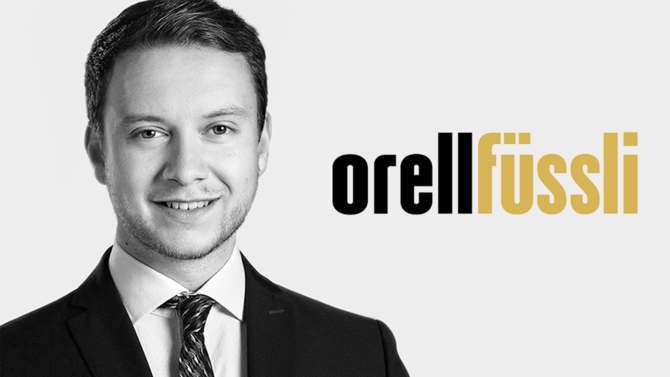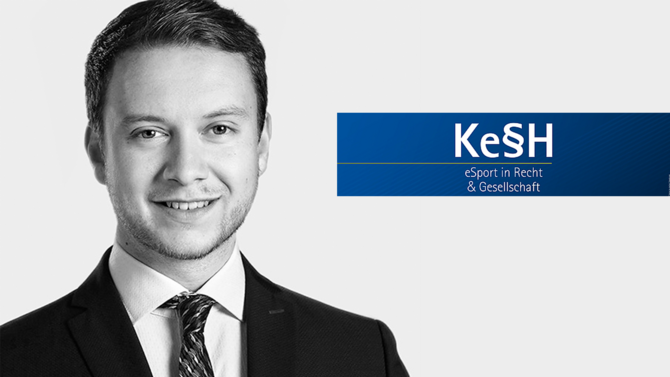Find out today what the legal world will be talking about tomorrow.
For quite some time now, German legislators have been trying to create the legal basis for an expansion of open Wi-Fi in Germany. The most recent attempt at regulation entered into force on October 13, 2017: the Third Act amending the Telemedia Act.
Germany is not only lagging when it comes to broadband expansion. There is also a shortage of free Wi-Fi hotspots. The Third Act amending the Telemedia Act (Federal Gazette I p. 3530) has now been in force since October 13, 2017. Legislators are hoping that this law will create legal certainty for providers of open Wi-Fi and thus expand its offering.
The law applies both to commercial and private Wi-Fi providers. It excludes interference liability, which in the past had served as a basis for warnings and judgments issued against Wi-Fi providers for the distribution of illegal contents. Wi-Fi providers are therefore no longer at risk of being sued as interferers for unlawful content distributed by third parties.
The abolition of interference liability does not entirely release Wi-Fi providers from their responsibility for violations of the law, however. In Section 7(4) Telemedia Act, the law creates a new claim for holders of intellectual property rights (copyright law, trademark law, etc.). Accordingly, Wi-Fi providers may be obligated to block access to infringing content. Rightholders are only entitled to the claim, however, if they have been unable to remedy the infringement in some other way. Since the law leaves open the question of which measures are to be used as a priority, the jurisdiction currently tends to require rightholders to have taken comprehensive and unsuccessful prior action against the infringers. In its Goldesel decision (I ZR 174/14), the Federal Court of Justice had recently demanded that internet access providers must have unsuccessfully used private detectives to investigate infringers.
In addition, the law leaves open the question of which blocking measures may be demanded from a Wi-Fi provider. DNS, IP, URL or port blocks are likely to be requested. The selection of the specific measure must be judged on the basis of reasonableness and proportionality aspects, i.e., within the scope of comprehensively balancing interests, for the individual Wi-Fi provider. This consideration has already been highly controversial among internet service providers in the past. Particularly for private Wi-Fi providers, it is therefore still unclear under which circumstances the blocking obligation actually has to be implemented. It is up to the courts to develop guidelines in this area.
The law also largely excludes the option for rightholders to make claims against Wi-Fi providers for expenses incurred in connection with the enforcement of their rights. Only when a complaint is filed in court will the normal distribution of cost in accordance with Section 91 Code of Civil Procedure apply: court cost is to be borne by the party losing the lawsuit.
Conclusion:
With the Third Act amending the Telemedia Act, the legislator strives to create the necessary legal security for Wi-Fi providers to ensure larger coverage with open Wi-Fi. From a practical point of view, the identification and use of the priority measures and the assessment of individual reasonableness and proportionality of the blocking measures will likely prove to be a major challenge (for the time being).
The law applies both to commercial and private Wi-Fi providers. It excludes interference liability, which in the past had served as a basis for warnings and judgments issued against Wi-Fi providers for the distribution of illegal contents. Wi-Fi providers are therefore no longer at risk of being sued as interferers for unlawful content distributed by third parties.
The abolition of interference liability does not entirely release Wi-Fi providers from their responsibility for violations of the law, however. In Section 7(4) Telemedia Act, the law creates a new claim for holders of intellectual property rights (copyright law, trademark law, etc.). Accordingly, Wi-Fi providers may be obligated to block access to infringing content. Rightholders are only entitled to the claim, however, if they have been unable to remedy the infringement in some other way. Since the law leaves open the question of which measures are to be used as a priority, the jurisdiction currently tends to require rightholders to have taken comprehensive and unsuccessful prior action against the infringers. In its Goldesel decision (I ZR 174/14), the Federal Court of Justice had recently demanded that internet access providers must have unsuccessfully used private detectives to investigate infringers.
In addition, the law leaves open the question of which blocking measures may be demanded from a Wi-Fi provider. DNS, IP, URL or port blocks are likely to be requested. The selection of the specific measure must be judged on the basis of reasonableness and proportionality aspects, i.e., within the scope of comprehensively balancing interests, for the individual Wi-Fi provider. This consideration has already been highly controversial among internet service providers in the past. Particularly for private Wi-Fi providers, it is therefore still unclear under which circumstances the blocking obligation actually has to be implemented. It is up to the courts to develop guidelines in this area.
The law also largely excludes the option for rightholders to make claims against Wi-Fi providers for expenses incurred in connection with the enforcement of their rights. Only when a complaint is filed in court will the normal distribution of cost in accordance with Section 91 Code of Civil Procedure apply: court cost is to be borne by the party losing the lawsuit.
Conclusion:
With the Third Act amending the Telemedia Act, the legislator strives to create the necessary legal security for Wi-Fi providers to ensure larger coverage with open Wi-Fi. From a practical point of view, the identification and use of the priority measures and the assessment of individual reasonableness and proportionality of the blocking measures will likely prove to be a major challenge (for the time being).

![[Translate to English:] [Translate to English:]](https://www.skwschwarz.de/fileadmin/_processed_/c/0/csm_Header_ELLG_4d88ba8ff7.png)
